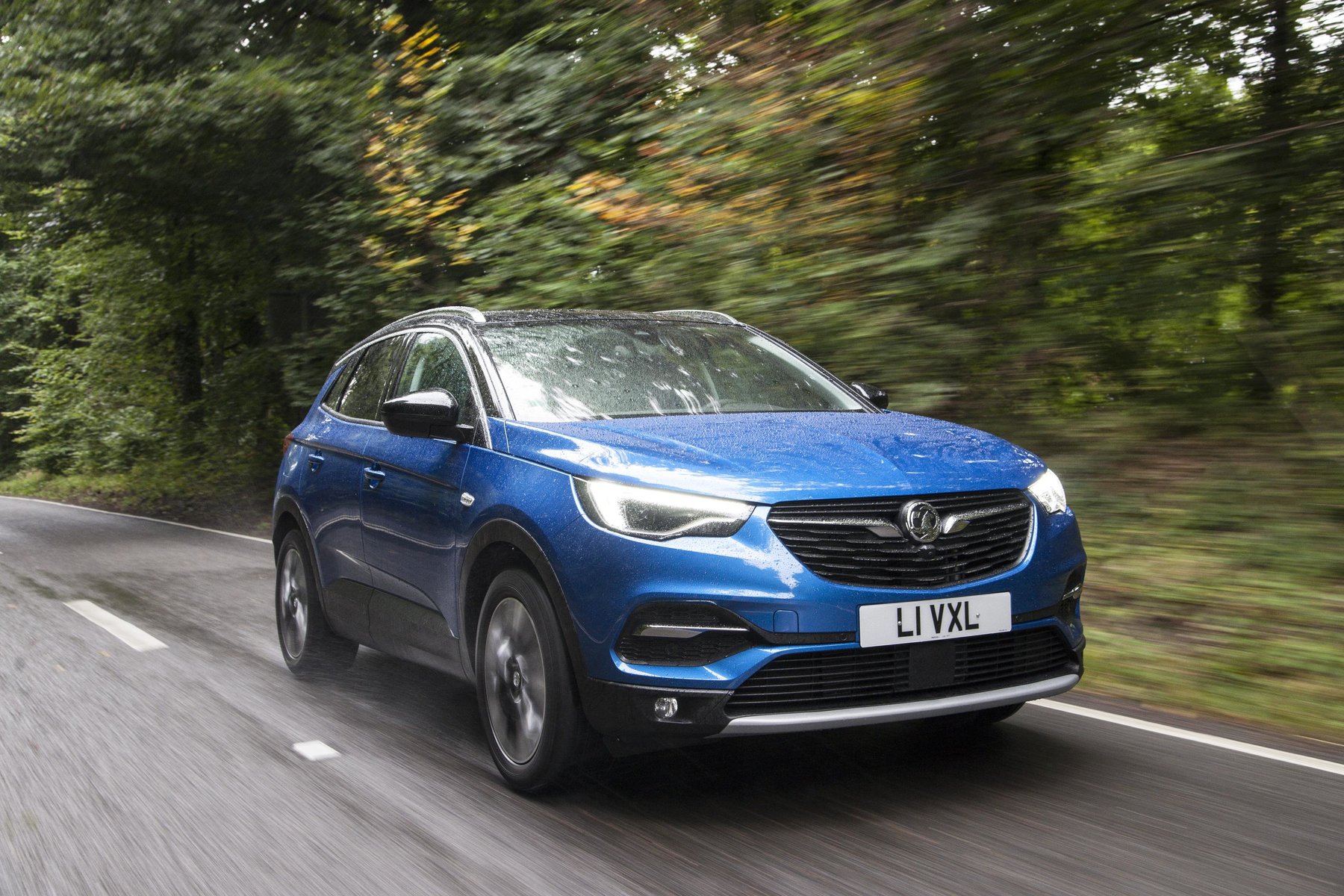 Three months after the takeover of Vauxhall and Opel by PSA, the firm has revealed plans to once again become profitable as part of a new corporate strategy called ‘PACE!’.
Three months after the takeover of Vauxhall and Opel by PSA, the firm has revealed plans to once again become profitable as part of a new corporate strategy called ‘PACE!’.
Its targets are realistic to begin with: a small margin of 2 percent by 2020. But by 2026, it wants to be making 6 percent margin on its cars – and extensive sharing of technology with Groupe PSA Peugeot-Citroen will help it achieve this.
- PSA’s purchase of Vauxhall/Opel is complete
- British car sales fall for seventh month running
The firm wants to become “a European CO2 leader”. Every model line will offer an electrified variant by 2024, and Vauxhall will launch a fully-electric version of the next-generation Corsa. Even by 2020, there’ll be four electrified models on sale.
Intriguingly, part of the strategy also states a lowering of the financial break-even point to 800,000 cars, “creating a profitable business model whatever the headwinds may be”. The statement does not reveal any sales targets. This number is around 30 percent fewer cars than it sells today.
All Vauxhalls and Opels will be based on PSA platforms by 2024. The ageing Corsa will finally be replaced in 2019 with one derived from the Peugeot 208/Citroen C3 architecture, and the firm is promising one make launch every year – and says it will launch nine new models by 2020.
Vauxhall is currently launching the Peugeot 3008-derived Grandland X in the UK; the next model to be derived from a PSA platform will be the new Combo van in 2018. The move will see the number of different Vauxhall platforms reduced from today’s nine down to just two – and 10 different engine families will be cut to four.
Relief for Ellesmere Port?
The statement does not reference Vauxhall’s Ellesmere Port plant in the UK, which currently produces the Astra, and is the sole global production site for the Astra Sports Tourer estate. The firm simply states: “Improved competitiveness of the manufacturing plants will lead to new vehicle allocations that will provide a better utilisation rate for the next decade”. PSA’s two car platforms, CMP and EMP2, will be used in all Opel and Vauxhall plants; the Astra is currently built on a GM platform.
Encouragingly though, “the plan is designed with the clear intention to maintain all plants and refrain from forced redundancies in Europe.
“The necessary and sustainable reduction of labour costs shall be reached with thoughtful measures such as innovative working time concepts, voluntary programs or early retirement schemes.
Vauxhall is already starting to do this at Ellesmere Port: it recently announced plans to cut the workforce by 25 percent and move from two shifts down to one in order to improve the viability of the plant.
“PACE! will unleash our full potential,” said Opel CEO Michael Lohscheller. “This plan is paramount for the company, to protect our employees against headwinds and turn Opel/Vauxhall into a sustainable, profitable, electrified, and global company.
“Our future will be secured and we will contribute with German excellence to the Groupe PSA development.” Lohscheller, however, made no reference to the Britishness of Vauxhall.